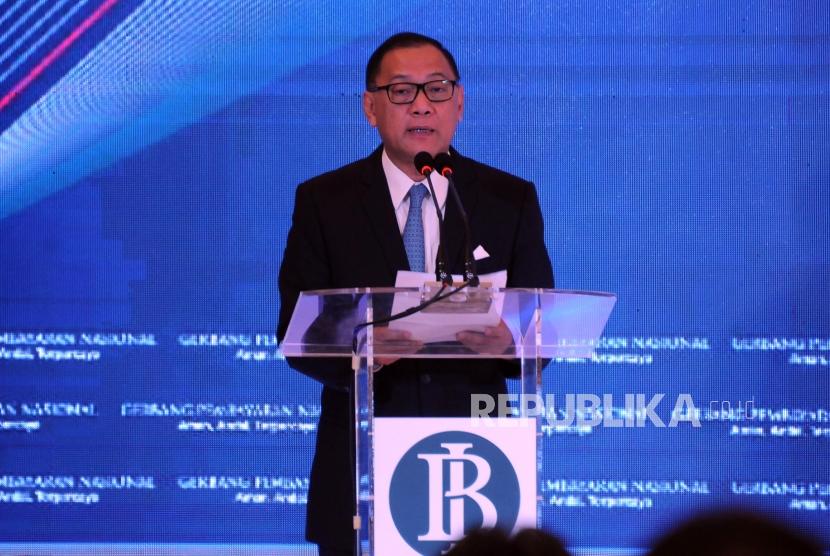REPUBLIKA.CO.ID, JAKARTA -- Indonesia's economy has the potential to grow by 6.5 percent year-on-year (yoy) by 2022 through structural reforms that will increase productivity and attract investment for development financing, according to an International Monetary Fund (IMF) report. The report, received by Antara here, Wednesday, also pointed out that fiscal and other structural reforms have potential for economic growth to reach 6.5 percent in the medium term.
The IMF has lauded the Indonesian economy and has welcomed the country's focus on a short-term policy mix of authority that promotes growth and also maintains stability.
The IMF also highlighted the government's expenditures allocated to priority sectors and investment that increases funding sources for infrastructure development in Indonesia.
The IMF emphasized that all fiscal and other structural reforms should be a priority in order to increase state revenues to support financial development.
The IMF Board of Directors concluded that the outlook of the Indonesian economy is positive but still needs to be alert to risks.
Also read: Economic growth target for 2018 difficult to achieve
Meanwhile, Governor of Bank Indonesia Agus D.W. Martowardojo has welcomed the IMF's assessment results. Martowardojo noted that the IMF's assessment was in line with the Central Bank's study, which concluded that Indonesia's economic resilience was getting stronger. This was indicated by a low level of inflation of 3.61 percent yoy in 2017.
"The maintained low and stable level of inflation provides a conducive environment for strengthening the momentum for domestic economic recovery," he remarked.
Economic growth of 5.07 percent recorded in 2017 was supported by improved infrastructure investment by the government and the role of private investment. In addition, improved resilience is characterized by a vigorous account balance and high inflows of foreign capital, as well as a stable Rupiah exchange rate.
"The Central Bank believes there is an opportunity to create stronger and more sustainable domestic economic growth through strengthening the implementation of structural reforms," Martowardojo stated.



